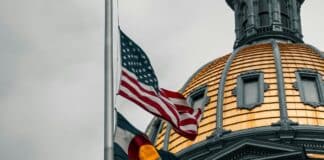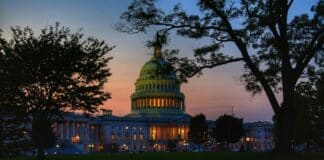President Trump’s recent executive actions face growing resistance in federal courts, as judges block several of his key policies. U.S. District Judge John Coughenour in Seattle recently struck down Trump’s order to limit birthright citizenship, calling it “blatantly unconstitutional” and affirming it as a protected right under the 14th Amendment. In Boston, Judge George O’Toole paused Trump’s federal worker resignation program, awaiting further arguments.
Trump’s attempts to freeze federal funding and fire government watchdogs have prompted more than 30 lawsuits. Federal employee unions and advocacy groups argue these efforts violate established laws.
Legal scholars warn that with limited congressional oversight, the courts remain the primary check on Trump’s power. While lower courts have halted several initiatives, some legal battles could reach the U.S. Supreme Court, where a conservative majority has generally favored broader executive authority.
One closely watched case involves Trump’s ability to withhold federal funding authorized by Congress, known as impoundment. U.S. District Judge Loren AliKhan blocked a related directive, calling it a constitutional overreach and interference with Congress’s power of appropriation.
Despite judicial resistance, concerns linger over how far the administration might push executive authority. Critics argue that Congress’s inaction leaves the courts as the last line of defense against unchecked presidential power.
Trump’s re-election and acquittal in two impeachment trials have emboldened his administration. Legal experts believe upcoming court rulings will test the limits of presidential authority, potentially shaping executive power for years to come.






